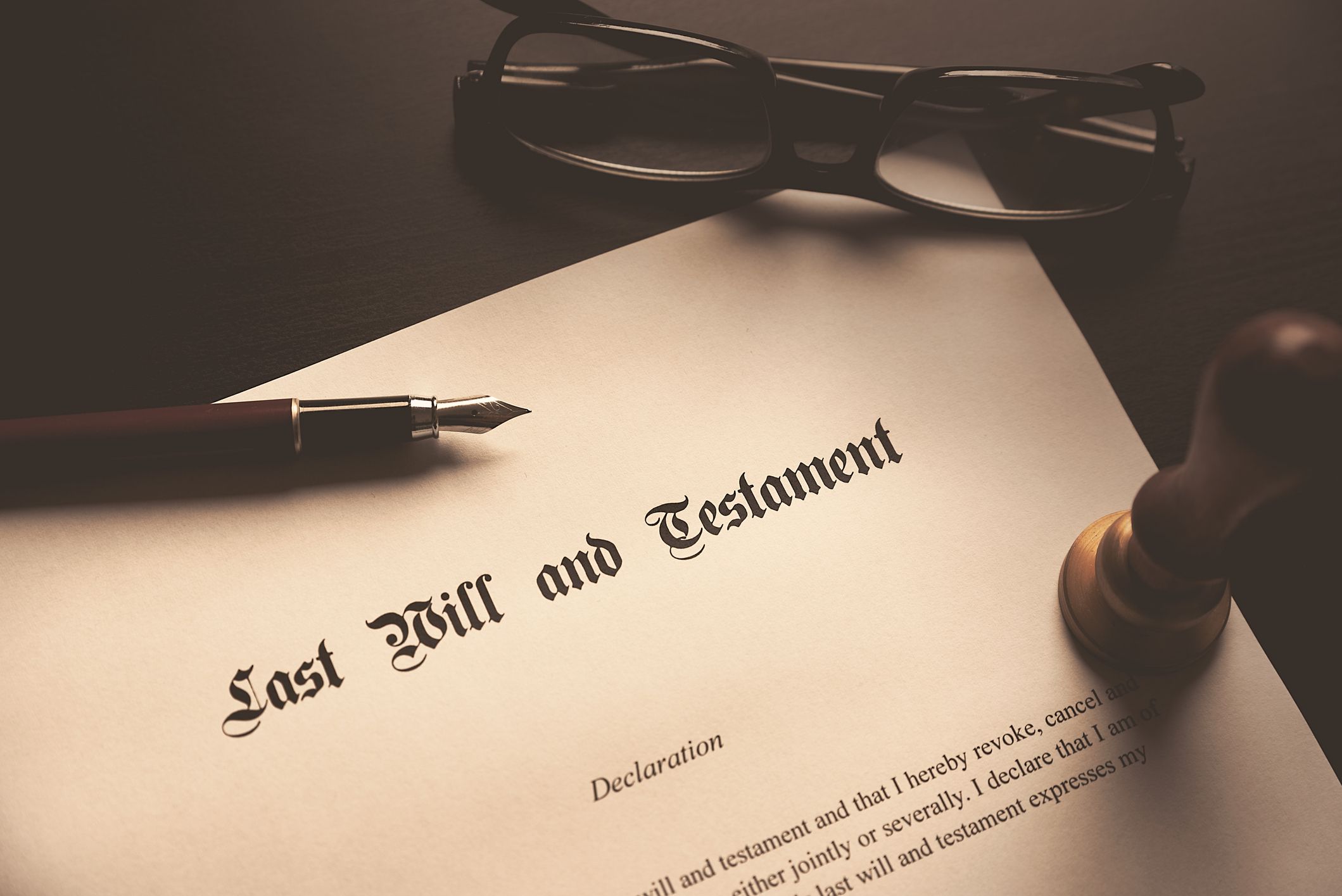Creating a will is one of the most crucial steps you can take to secure your family’s future and ensure your assets are distributed according to your wishes. In this comprehensive guide, we will explain what a will is, why it’s essential, what information it contains, and provide a step-by-step process for how to write a will.
Track your progress by downloading the printable checklist here.
What is a Will?
A will, also known as a last will and testament, is a legal document that outlines your wishes regarding the distribution of your assets and the care of your dependents after your passing. It serves as your voice when you can no longer express your desires. Creating a will ensures that the managing of your estate is done according to your preferences rather than leaving the decision-making to the legal system.
Why is Creating a Will Important?
Asset Distribution: A will allows you to specify how your assets, such as property, money, and personal belongings, should be distributed among your beneficiaries.
Guardianship: If you have minor children, a will enables you to appoint a guardian to care for them in the event of your demise.
Minimizing Conflict: A clear and legally-binding will can reduce the potential for disputes and conflicts among family members.
Tax Efficiency: Proper estate planning can help minimize the tax burden on your estate, leaving more for your loved ones.
What Does a Will Contain?
A typical will consists of several key components:
Executor: This is the person responsible for carrying out the terms of your will and managing your estate. Choose someone trustworthy and organized.
Beneficiaries: List the individuals or organizations that will inherit your assets. Be specific to avoid confusion.
Guardianship: If you have minor children, designate a guardian who will assume responsibility for their care.
Assets: Detail all your assets, including real estate, bank accounts, investments, and personal property.
Debts and Expenses: Outline any outstanding debts, funeral expenses, or taxes to be paid from your estate.
Specific Bequests: Specify any unique requests, such as sentimental items or charitable donations.
How to Create a Will: A Step-by-Step Guide
Gather Information: Compile a list of your assets, debts, and the names of beneficiaries, executors, and guardians.
Choose an Executor: Select a responsible and willing person to execute your will.
Draft the Will: You can create a will using online templates, will-making software, or consult with an attorney for more complex situations.
Witness and Sign: In most jurisdictions, wills require the signatures of two witnesses. Ensure that all signatures are done in accordance with local laws.
Store Safely: Keep the original will in a secure location, such as a bank’s safety deposit box, and provide a copy to your executor.
Regularly Update: Review and update your will as life circumstances change, such as births, deaths, or major asset acquisitions.
Resources for Will Creation:
- Freewill: It takes less than 20 minutes to write or update your legal will, for free.
- LegalZoom: An online legal service that provides affordable options for creating a will.
- Rocket Lawyer: Offers customizable legal documents, including wills, with access to attorneys for questions.
- Local Attorneys: Consulting with a local attorney can provide personalized advice, especially for complex situations.
Creating a will is an essential part of responsible estate planning. By following these steps and utilizing the suggested resources, you can ensure that your wishes are respected, your loved ones are cared for, and your legacy is preserved.

